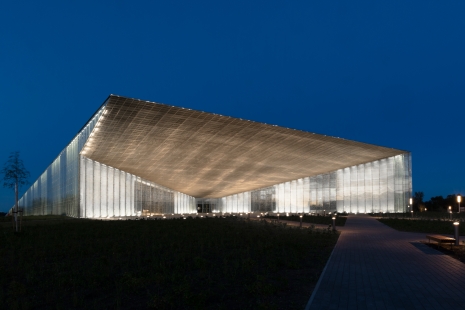A chair carried more meaning in the home of a farmer than regular consumer items, often being the most interesting object among otherwise frugal furnishings in terms of the diversity of its construction and decoration. Style influences from the rest of the world reached farmhouse furniture with a delay. Modern ideas were adapted and simplified, combined with already known techniques and developed further. Thus, country chairs tell a story of creation, ingenuity and skill as well as the history of home furnishing, fashion and furniture.
A country chair is an object of both beauty and utility. Some of them are simple stools farmers made for sitting in front of the fire, but there are also more elaborate chairs that were ordered from the village carpenter and ones that were made for family celebrations and given as wedding gifts to brides or included in dowries.
The Estonian National Museum has the largest collection of country chairs in Estonia, which includes over 370 items. The oldest chairs showcased date from the early 19th century and the newest from the 1930s.
The exhibition explores how contemporary furniture trends, such as the English rococo, Biedermeier or early forms of classicism, manifested in country chairs. Which local chair makers might have been inspired by Windsor chairs or the famous Sussex chair by William Morris? Which form did the ladder back chair widely known in Europe take in Estonia and what kind of seats could be made from twisted pine roots or thick branches?
At a time when furniture was made by hand, many exciting local ‘schools’ emerged. The chairs from the islands of Muhu and Kihnu and the works of Estonian Swedes from Pakri and Ruhnu stand out for their unique design features not seen in the rest of the country.
How did simple 19th century farmers make chairs with only an axe, a knife, a drawknife and a chisel to hand? Visitors of the exhibition can view videos that provide an overview of the technical solutions used in the past: wood splitting and bending, carving and seat weaving from straw or reeds.
Curators: Mariliis Vaks, Liisi Jääts and Indrek Tirrul
Designers: Emma Eensalu, Silver Rannak
Producer: Reet Mark





